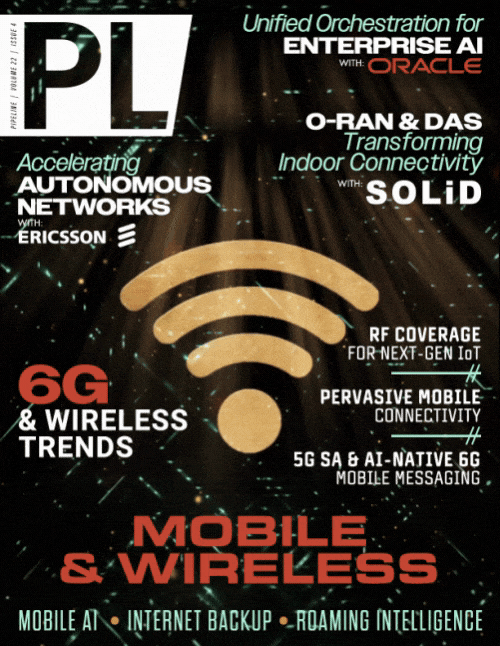News Center
Vodafone and Orange Complete 4G Calls Over Shared Pilot Network Vodafone and Orange Complete First 4G Calls Over Shared Pilot Network in Romania Based on Open Ran Vodafone and Orange announced that they have successfully conducted a pilot with the first real-life experience of 4G calls over a cluster of shared commercial network sites in a rural area near Bucharest, Romania, based on Open RAN technology. This technological milestone follows the two companies’ announcement in February this year that they will build an Open Radio Access Network with RAN sharing in rural parts of Europe where they both have mobile networks. Open RAN technology decouples software and hardware functionalities. This enables mobile base stations to be upgraded with new features and services remotely, quickly and more cost effectively, reducing the need for site visits thanks to greater network automation. In the context of RAN sharing, it will also allow each operator to operate their own virtualised RAN software on a common cloud infrastructure in future, enhancing operator autonomy and differentiation while sharing network costs. Within this pilot with commercial traffic, Vodafone and Orange worked together with key vendor partners, individually selected, to demonstrate the benefits of a virtualised radio access network based on Open RAN standardised interfaces, including the ability to make remote software changes. Drawing on the experience gained from Vodafone UK’s Open RAN deployment and successful integration tests in Orange’s Open RAN laboratory in France, the companies have used the same stack on their shared sites. This includes a Samsung commercial virtualised RAN solution, Wind River abstraction layer on top of hardware to deploy and scale the RAN software, and Dell PowerEdge servers. Following the successful completion of 4G calls over shared Open RAN sites in a rural location, Vodafone and Orange will soon introduce 2G, which has already been tested successfully in lab, and then 5G. It will be the first time 2G radio software is fully integrated within a virtualised Open RAN environment in Europe, simplifying its deployment while avoiding the need for more operationally complex overlay solutions. Alberto Ripepi, Chief Network Officer, Vodafone, said: “Alongside Orange we have developed a model which will serve as a blueprint to extend mobile networks to rural communities across Europe. Open RAN sharing will allow us to reduce costs by sharing hardware components while independently managing our own RAN software in the cloud to be able to offer differentiated services to our respective customers.” Bruno Zerbib, Chief Technology and Innovation Officer at Orange, said: “This first pilot deployment of Open RAN within Orange is an important milestone to demonstrate Open RAN is now mature for roll-out in brownfield networks. It opens the door for wider scale deployments across the group, and paves the way towards fully automated and intelligent networks.” Open RAN offers significant advantages over traditional network sharing. By using open and virtualised RAN and relying on disaggregated software and hardware, Vodafone and Orange will each have greater flexibility when adding new radio sites or upgrading existing ones, while keeping the cost and energy consumption low. Eventually it will also allow operators to run different software containers on the same hardware, providing an operational differentiation and independence. The announcement reinforces the companies’ respective and individual commitment to rollout Open RAN as the technology of choice for future mobile networks across Europe, leading to a more resilient and reinvigorated vendor supply chain. The companies’ commitment to Open RAN also supports the European Commission’s ambitious target to have 5G in all populated areas by 2030. Source: Vodafone and Orange media announcement | |

















